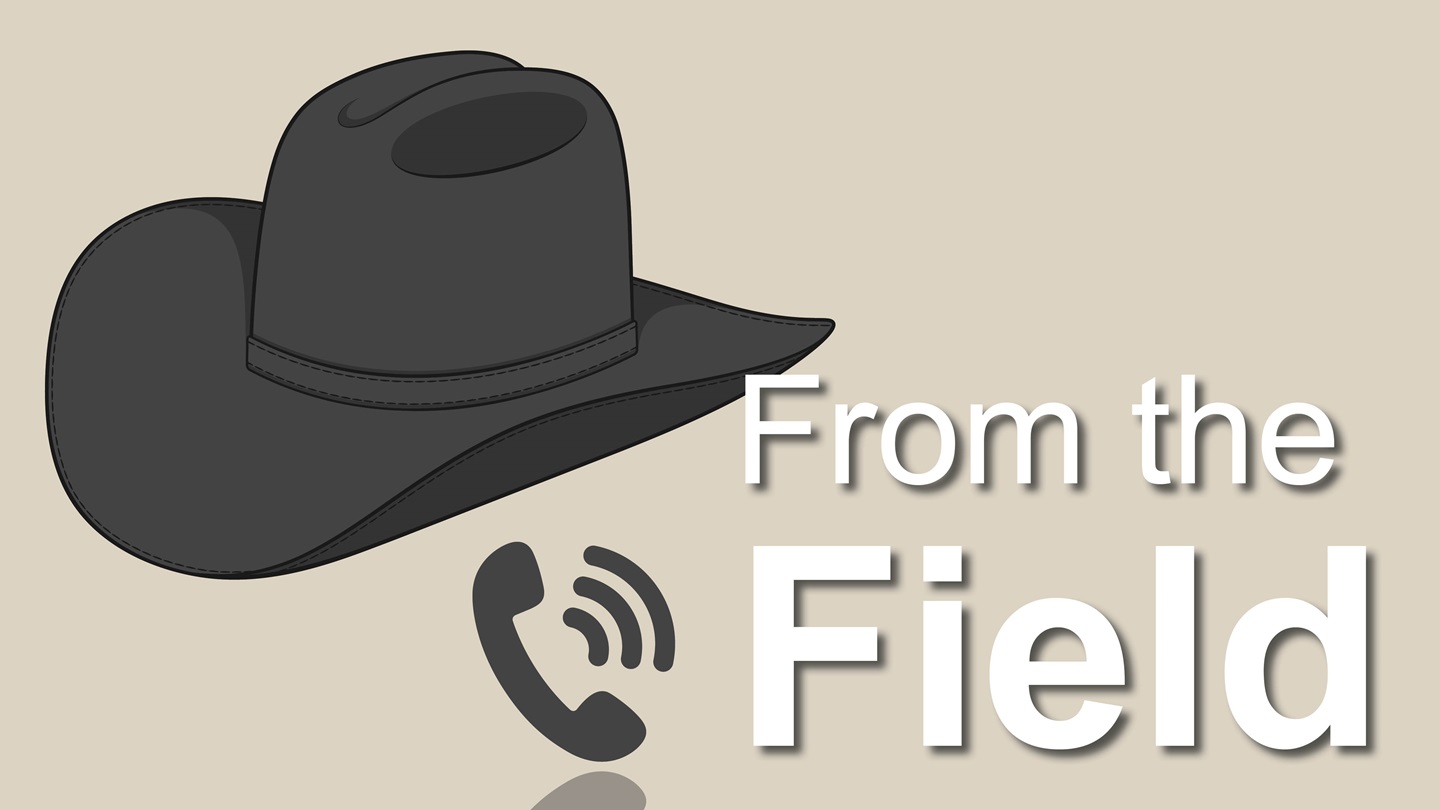From the Field
Notes from your regional managers on attending educational events to learn and fellowship.
January 22, 2025

While taking time away from home can feel impossible, investing in yourself is something that can fall to the wayside for many farmers and ranchers. When it comes to educational events and meetings, the value may not be evident initially, but add in opportunities to better manage your operation and the chance to network with fellow cattlemen? The value cannot be underestimated. In this month’s edition of “From the Field,” we visited with regional managers Reese Tuckwiller and Radale Tiner to get their input on events happening in their regions, the importance of carving out time to attend and how building relationships with fellow producers can have a lasting effect on your farm or ranch.
We never stop learning
Henry Ford once said, “Anyone who stops learning is old, whether at 20 or 80. Anyone who keeps learning stays young.” While farmers and ranchers certainly learn something new every day within their own programs, taking time to attend educational events targeted toward beef producers is crucial to learning about market trends, management and stewardship opportunities.
As you can imagine, a region consisting of 15 states in the eastern United States (Region 1) provides a lot of opportunity for educational events focused on cattlemen. Regional manager Reese Tuckwiller kicks off his year of educational opportunities with the Lancaster Cattle Feeders Day taking place Jan. 28 in Lancaster, Pa.
Cattle Feeders Day, hosted by Penn State Extension, is geared toward feedlots and cow-calf producers of all sizes who sell feeder cattle. This year’s event will focus on market trends, risk management and biosecurity in addition to offering producers the chance to network with industry entities as well as their peers.
“Our generation has information at our fingertips that we can access rapidly, and we are at risk of feeling that we instantly become professionals. These events have so much to offer from the individuals speaking to the peer testimonials.” — Reese Tuckwiller
Calling a very different area of the country home, the Texas A&M Beef Cattle Short Course to be hosted in College Station, Texas, Aug. 4-6, 2025, has built a reputation as the most highly attended activity of its kind anywhere in the United States. Annually, more than 1,700 participants attend the Beef Cattle Short Course to gain valuable knowledge about beef cattle production, including animal health, nutrition, reproduction, breeding, genetics, selection, research, marketing and handling. In addition, management sessions cover business, forage, range and purebred cattle.
“The livestock industry is evolving at a rapid pace,” says Radale Tiner, regional manager for Texas and New Mexico (Region 9). “These educational meetings provide an opportunity for cattlemen to stay on top of new advancements in beef production that they can then take home to their own ranches.”
The value of connection
The value of educational events extends far beyond just growing a knowledge base to building relationships with fellow producers and industry associates. One opportunity for purebred and commercial producers comes in the form of state Angus association events.
The events are geared toward seedstock producers, says Tuckwiller, but the networking opportunities presented at any beef event have value for all cattlemen.
“These events are a huge networking opportunity,” he explains. “You can learn from other people’s mistakes. You can ask questions in a nonjudgmental environment. You just build on those bones of fellowship in the cattle businesses, which is why I think everybody loves it so much. We want to take care of our animals, but we want to do it with people we like, too.”
Making connections with fellow producers is incredibly important, but connecting with industry businesses and organizations can also provide definite value.
The connection may take the shape of identifying a new product that solves an ongoing conundrum on your operation. It might come about because of a conversation with a USDA Farm Service Agency representative who shares a program to purchase or improve a piece of property that wouldn’t have been an option without the financial assistance of a program you knew nothing about. It could mean meeting a seed provider who could create a custom native grass mix based off the unique topographical and geological profile of your ground. Or maybe it’s hearing a discussion from a veterinarian that leads you to ask whether the small issue you’re noticing within your herd could lead to something more concerning.
“You’ve got to be there to hear it,” Tuckwiller states, noting that increasing digital attendance options are great when it comes to balancing learning with responsibilities back at home. “Our generation has information at our fingertips that we can access rapidly, and we are at risk of feeling that we instantly become professionals. These events have so much to offer from the individuals speaking to the peer testimonials. We need to take advantage of them.”
Editor’s note: “From the Field” is a regular Angus Beef Bulletin EXTRA column featuring advice, industry news and Angus updates from regional managers of the American Angus Association. For information on how to contact your regional manager, click here.
Angus Beef Bulletin EXTRA, Vol. 17, No. 1-B
Potential linked resources:
Topics: Events , Business , Industry News , Management , News
Publication: Angus Beef Bulletin


